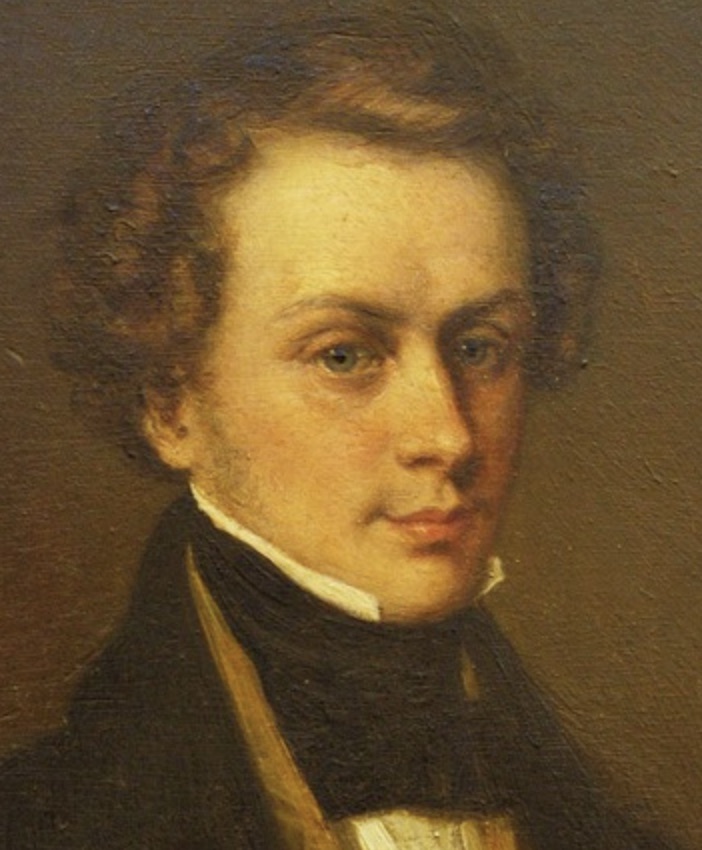
Christian Doppler was born on November 29, 1803, in Salzburg, Austria. From an early age, Christian worked as an apprentice stone mason in the family business, but his poor health prompted his father to send him to school to acquire an education. His aptitude for mathematics was discovered by mathematician Sion Stampler, his secondary school teacher in Linz. In 1822, Stampler arranged for Christian to attend the Polytechnic Institute in Vienna, before returning to complete his secondary education. On graduating from high school in 1825, Doppler studied philosophy in Salzburg and mathematics and physics at the University of Vienna.
In 1829, Doppler became an assistant to Professor Adam Von Burg at the Polytechnic Institute of Vienna, where he continued his research in mathematics. In 1835, he was appointed professor of mathematics at the Technical University of Prague where he published over 50 articles on mathematics, physics, and astronomy. In 1842, he published his most significant work, “Über das farbige Licht der Doppelsterne” (“On the Colored Light of Double Stars”).
In this paper, Doppler described the principle that would later be known as the Doppler effect. He proposed that the frequency of sound or light waves would change if the source of the waves and the observer were in motion relative to each other. The effect is commonly experienced when a sound-emitting object, like an ambulance siren or a car horn, approaches and then passes by, causing a change in the perceived pitch of the sound. Doppler’s work was initially met with skepticism, but it gained acceptance and recognition over time. The Doppler effect became a fundamental concept in physics and found applications in various fields, including astronomy, meteorology, and medical imaging.
In 1847, Doppler moved to the Academy of Mines and Forests in Schemnitz (now Banská Štiavnica, Slovakia) However, the Hungarian revolution forced him to flee to Vienna the following year, where he became the head of the Institute for Experimental Physics at the University of Vienna. Christian Doppler died of a respiratory disease on March 17, 1853, in Venice, Italy at the age of 49.
Christian Doppler’s contributions to science were significant, and his name is immortalized in the scientific community through the Doppler effect and the numerous applications of his discovery. Today, the Doppler effect plays a crucial role in various technologies, from medical ultrasound to radar systems and the study of celestial objects.
